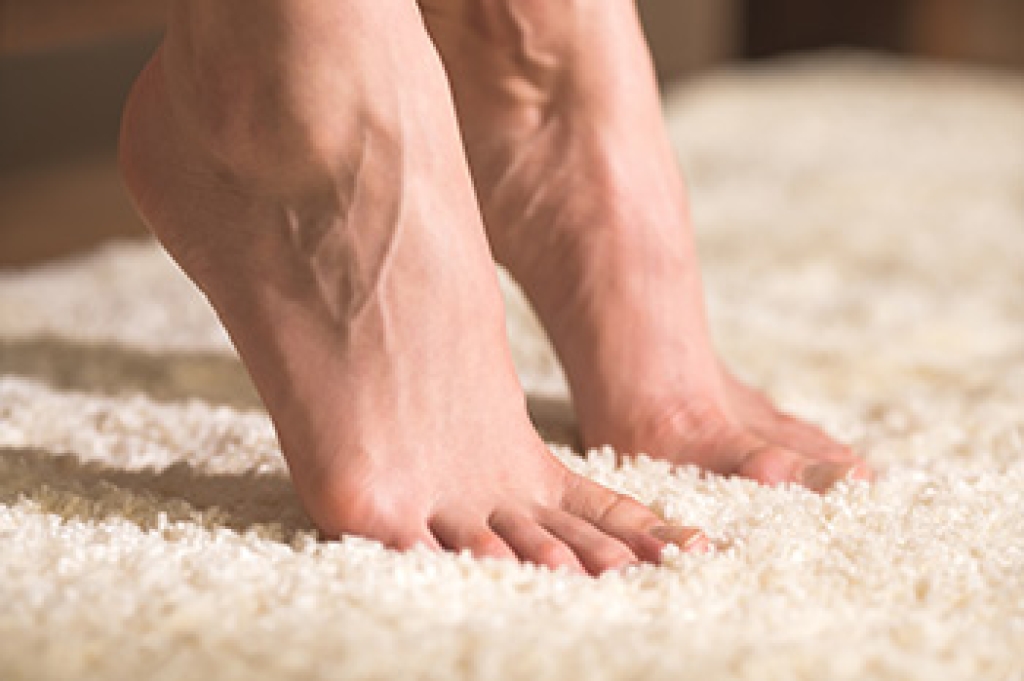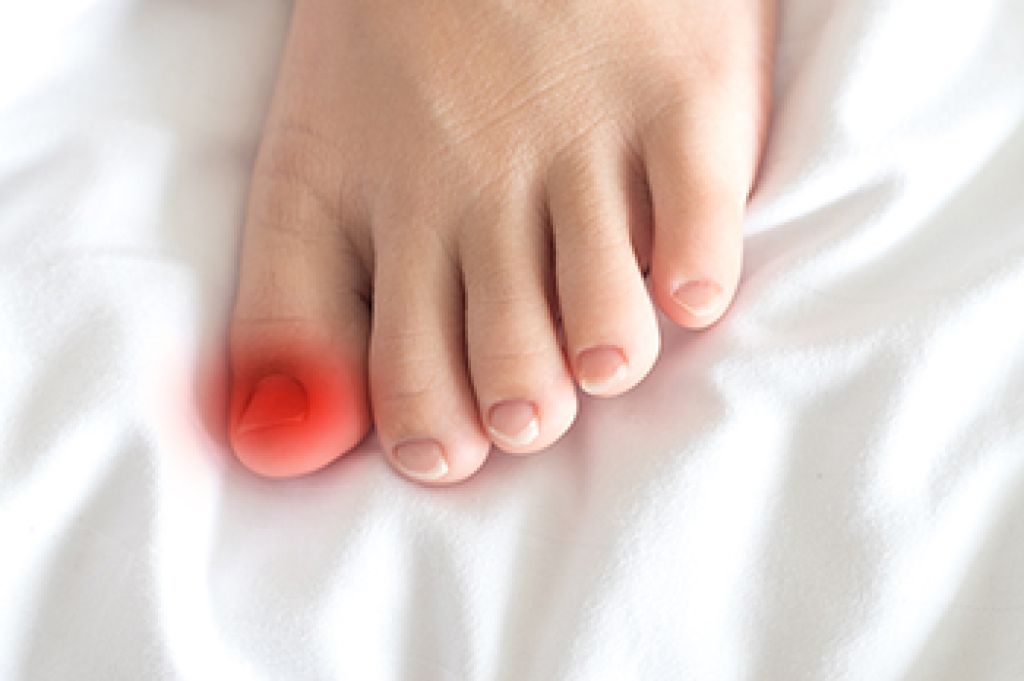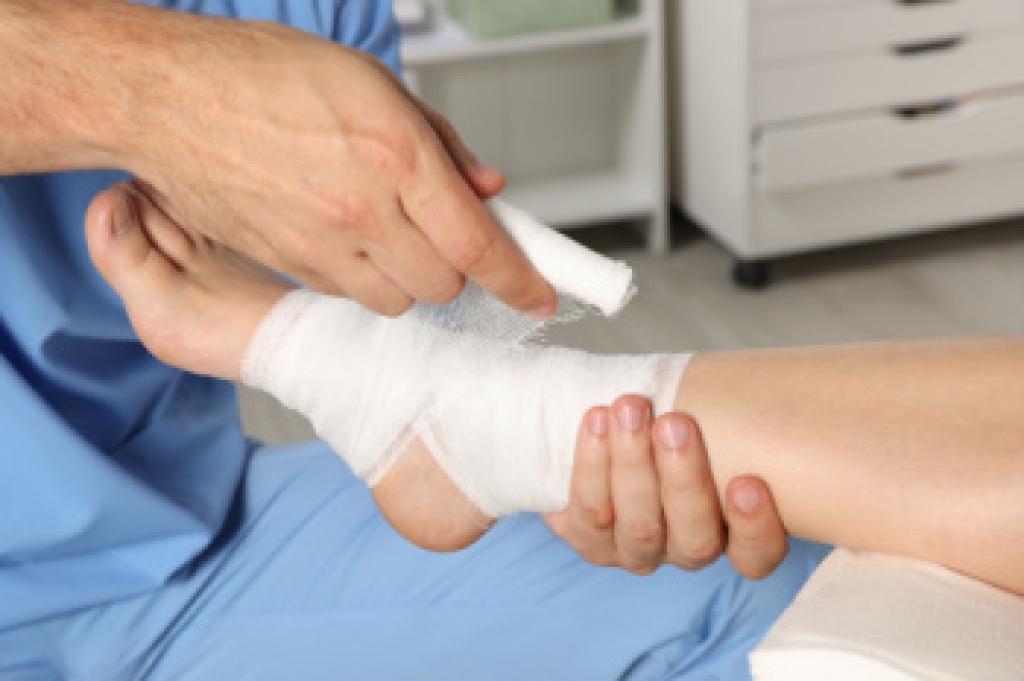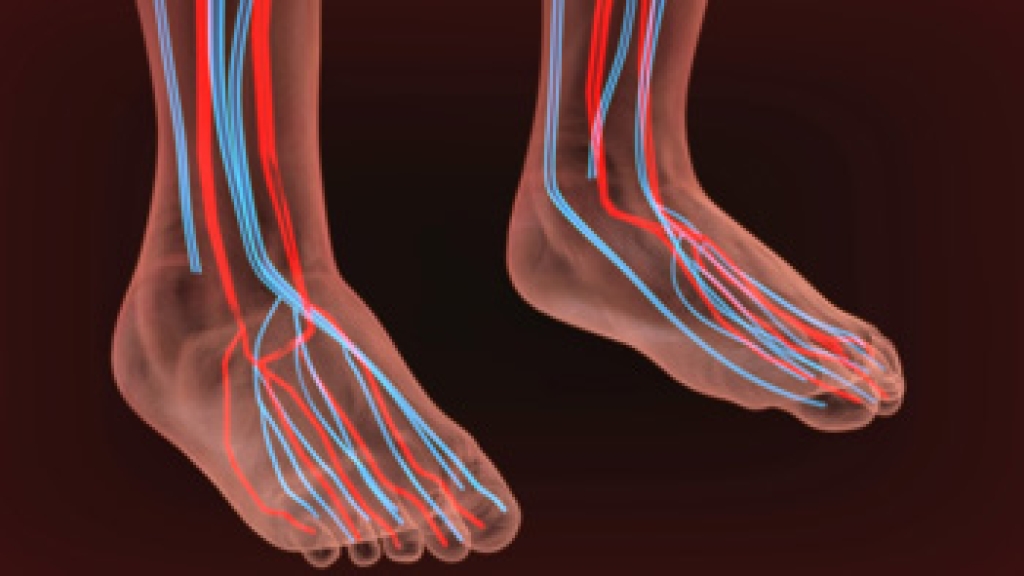
Maintaining balance and stability is essential for overall mobility and foot health. Certain foot exercises can help improve strength and coordination, supporting better stability. One effective exercise is ankle circles, where you rotate each ankle in a circular motion to enhance flexibility and strengthen the muscles. Another beneficial exercise is toe pulls, which involves pulling the toes upward while keeping the foot flat on the ground. This helps to stretch the foot muscles and improve range of motion. Additionally, calf raises are great for strengthening the calf muscles, which play a vital role in maintaining stability. By regularly practicing these and other exercises, individuals can enhance their foot strength, improve posture, and reduce the risk of falls. If you have injured your foot, it is suggested that you contact a podiatrist who can treat various foot conditions, and guide you on additional foot and ankle strengthening exercises.
Exercising your feet regularly with the proper foot wear is a great way to prevent injuries and build strength. If you have any concerns about your feet, contact one of our podiatrists from Montgomery Foot Care Specialists. our doctors can provide the care you need to keep you pain-free and on your feet.
Exercise for Your Feet
Exercise for your feet can help you gain strength, mobility and flexibility in your feet. They say that strengthening your feet can be just as rewarding as strengthening another part of the body. Your feet are very important, and we often forget about them in our daily tasks. But it is because of our feet that are we able to get going and do what we need to. For those of us fortunate enough to not have any foot problems, it is an important gesture to take care of them to ensure good health in the long run.
Some foot health exercises can include ankle pumps, tip-toeing, toe rises, lifting off the floor doing reps and sets, and flexing the toes. It is best to speak with our doctors to determine an appropriate regimen for your needs. Everyone’s needs and bodies are different, and the activities required to maintain strength in the feet vary from individual to individual.
Once you get into a routine of doing regular exercise, you may notice a difference in your feet and how strong they may become.
If you have any questions, please feel free to contact our office located in Montgomery, AL . We offer the newest diagnostic and treatment technologies for all your foot care needs.




